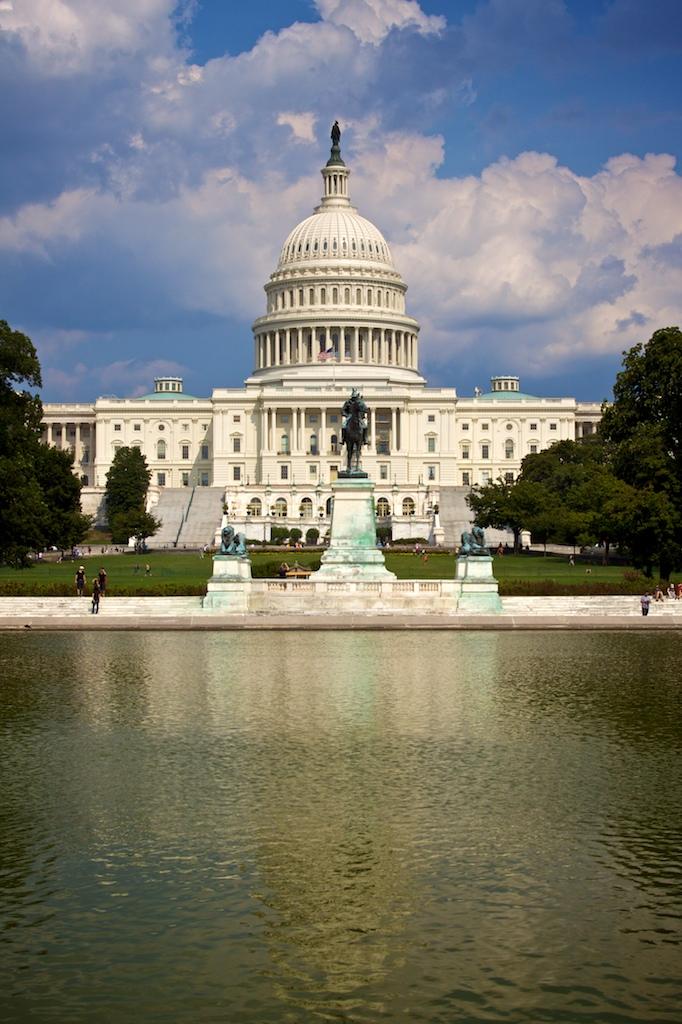The U.S. federal government has officially closed and the the effects of the shutdown has started to make its way across campus.
Federal employees have been divided into two groups, essential employees and nonessential employees. Essential employees (e.g. secret service agents and Homeland Security employees) are continuing to work. Nonessential employees (e.g. park service employees and Washington, D.C. sanitation officials) have been furloughed and may or may not be paid in a timely manner.
According to usa.gov, the list of services that won’t be available until the re-opening includes call centers and regional offices that aid veterans with benefit claims, the application for a small business loan, new patients won’t be accepted into clinical trials at the National Institutes of Health, and others.
The stalemate is based upon the House of Representatives passing a continuing funding resolution, which will also defund the Affordable Care Act for two years and thus delay implementation. The Senate voted down this CR and passed their own, only appropriating funds to keep the government open until Nov. 15, but does not tie any other measures to it, which has been dubbed a clean CR.
Senate Democrats, led by Majority Leader Harry Reid (D-NV) and Appropriations Committee Chairwoman Barbara Mikulski (D-MD) repeatedly called on Republicans in the House to pass a clean CR. As neither side seems willing to budge, an impasse remains.
Michael Lesko, the president of the Shepherd Republican Club believes much of the hype to be exaggerated: “I do not think it affects many of the students on campus. The shutdown might affect some people; however, the effect is nothing that will destroy peoples’ lives.”
John Isner, the vice president of the Shepherd Democrats disagreed with Lesko to a point, but also acknowledged that a large demonstrable impact is not being felt.
“I would say the shutdown affects some students at Shepherd. We have students who have parents who work in government sectors that are now closed. Although the shutdown may not have visible direct effects to all of us, some of our peers are feeling the consequences of the shutdown,” said Isner.
West Virginia senators Jay Rockefeller and Joe Manchin each voted to table the House’s spending measure and support the clean continuing resolution (CR). Congresswoman Shelley Moore Capito (WV-02) voted for the bill that seeks to fund the government only while defunding the Affordable Care Act. She has also publicly stated she will probably vote for the clean CR if it comes to the floor.
Until Congress approves a continuing resolution approving funds, the government will remain closed.
Due to the shutdown and classification of employees, many government facilities have been closed: the Library of Congress, all national parks and all federal monuments. They will all remain shuttered until the federal government reopens.

